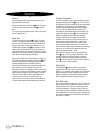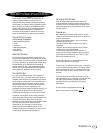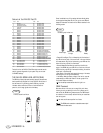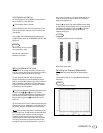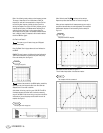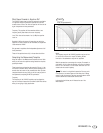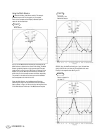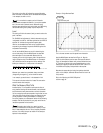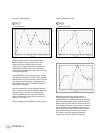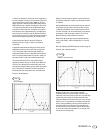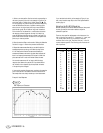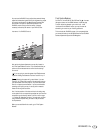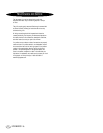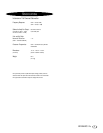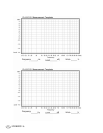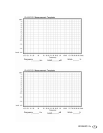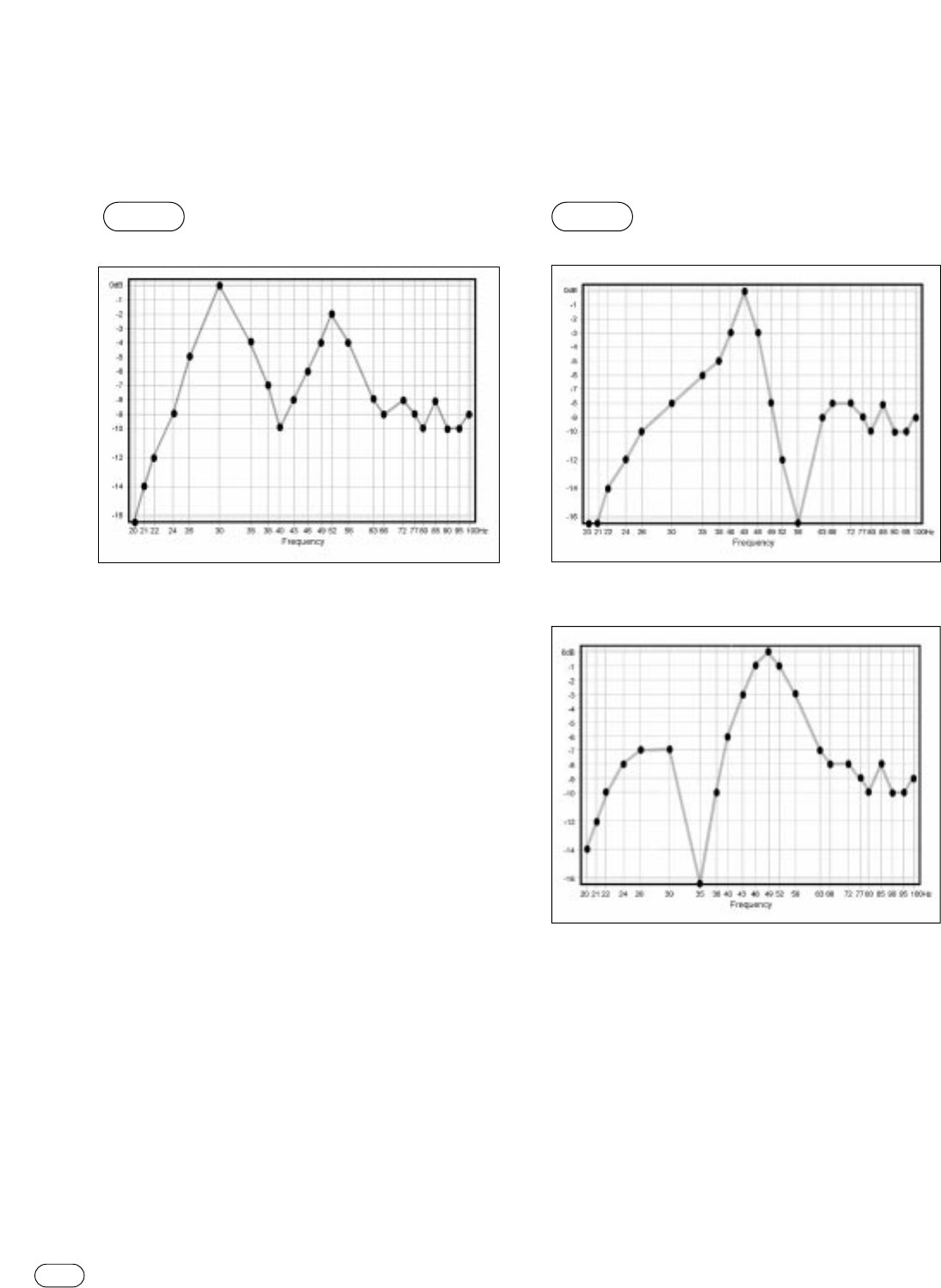
16
INTERMEZZO 1.2s
Example 2. Two Response Peaks:
Characterized by two response peaks, approximately equal in
amplitude and width.This requires that you make a choice
between the two peaks. In situations like this, the higher
frequency peak will always be more audible and objectionable.
Response peaks below 45Hz, unless extreme, can actually be
beneficial toward achieving visceral impact.Perform corrections
on the upper frequency peak.
Apply the Width Selector as described above.Align the center-line
of the Selector over the center of the higher frequency peak.Now
adjust the Selector until you have achieved the “best fit.”The slider
now points to the correct width setting. In this example, this is at
52Hz.The best-fit width is 28%.Fill in the Width and Frequency
fields provided on the template.
Determine the appropriate level using the technique described
earlier.This calculation will indicate a -8dB setting. However, this
peak does not reach the 0dB level as the lower peak does.
Therefore, a -8dB setting would be excessive.The 52Hz peak
stops at -2dB. Subtracting 2 from 8 yields the correct setting,
-6dB. Enter -6 in the Level field.
Skip to the “Adjusting the R.A.B.O.S.Equalizer”section on page 18.
Example 3.Peak Adjacent to a Dip:
Response dips can occur at any frequency, sometimes
immediately adjacent to the peak you want to correct.Two
examples are shown,one immediately above and one immediately
below the peak. Deep response dips such as these are caused by
destructive wave interference. Destructive interference dips occur
only in one spot within the room.It is not uncommon to completely
eliminate the effect by moving the RSLM to a different location.
Note that this does not eliminate the dips.We have simply moved
away from them. Sometimes only a few inches are required.
Do not attempt to correct this condition with equalization.
If you encounter dips like this, take the following steps:
FIGURE 17
Two response peaks
FIGURE 18
Dip above or below peak



